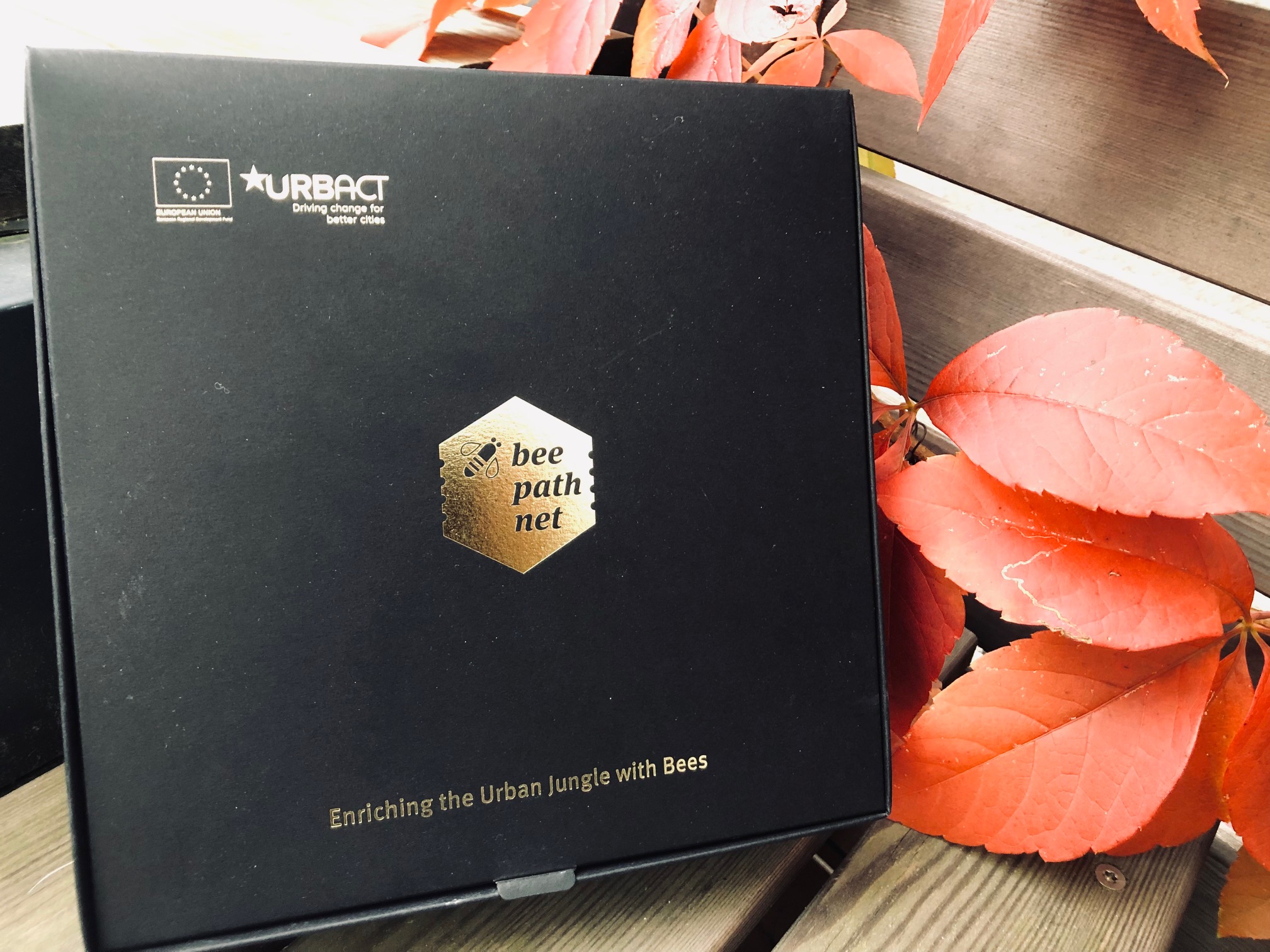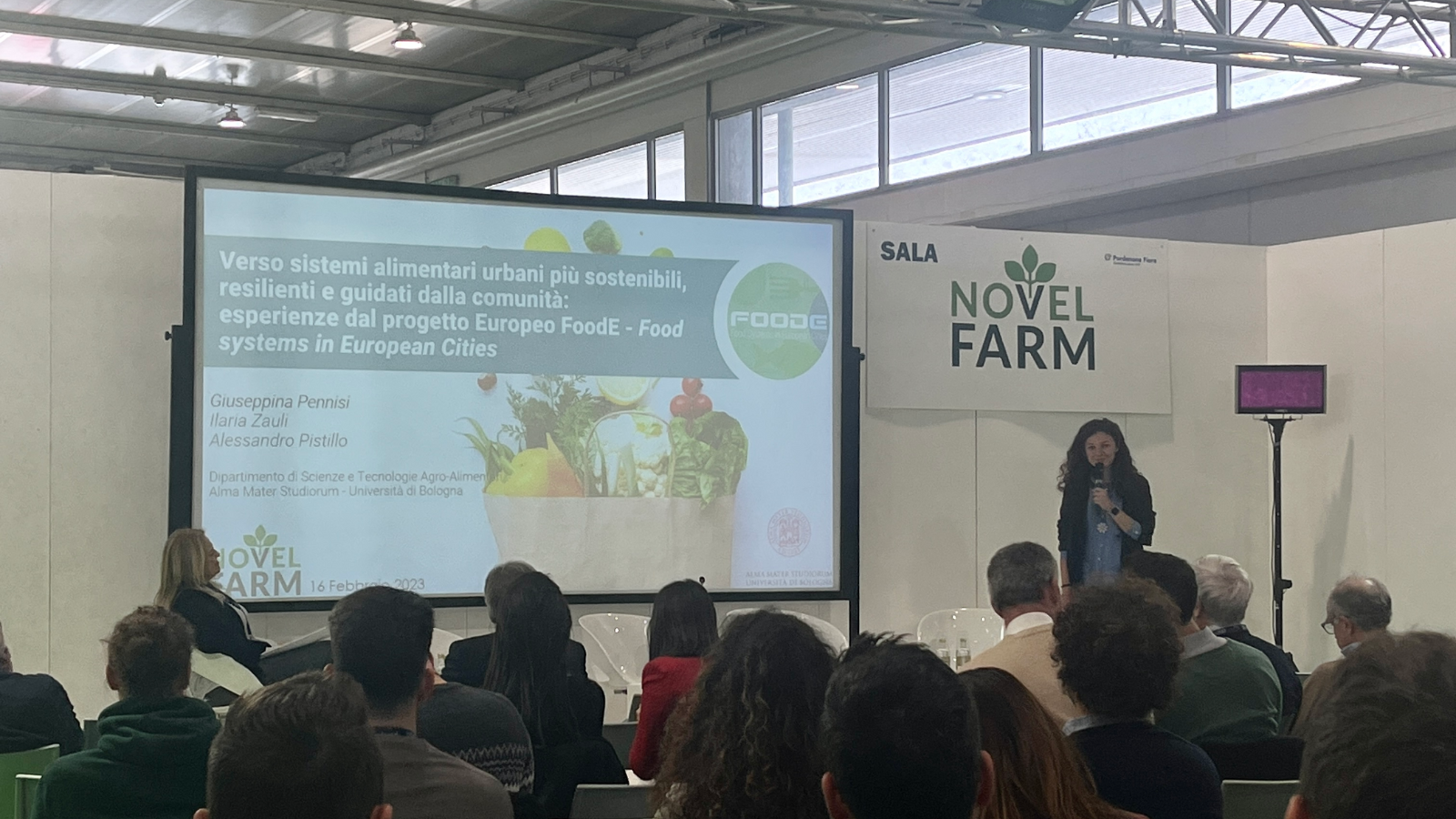This is an invitation for any city to join the bee friendly movement that started in Ljubljana, with support of the Interreg Program financed project Urbact (www.urbact.eu).
Ljubljana’s BEE PATH, a network of stakeholders, a touristic and educational path, as well as an incubator for development of new entrepreneurship ideas was rewarded with the URBACT good practice award back in 2017. This acknowledgement has given Ljubljana the opportunity to transfer its BEE PATH good practice into five other EU cities covering the majority of climate conditions for beekeeping, various types of bees, as well as different situations related to the public perception of bees among the general public. Very divers, yet excellent results in partner cities from Amarante (Portugal), Bydgoszcz (Poland), Cesena (Italy), Hegyvidek – XII District of Budapest (Hungary) and Nea Propontida (Greece), confirmed the transferability of the BEE PATH good practice. Through raising awareness of the importance of bees, and hand in hand with everybody living and acting in the cities, we are contributing to a cleaner and greener environment, and also to the preservation of natural resources and biodiversity. This project proves that every city can create favourable conditions for sustainable urban beekeeping.
One of the results is the beautifully crafted box (picture below) with typical honey samples produced by bees, living in the six city centres of EU towns that have high environmental standards which are also reflected in the quality of the honey. Ljubljana contributed a sample of forest honey, Amarante a multifloral sample, Bydgoszcz nectar and honeydew (maple) honey, Cesena a linden honey sample, Budapest acacia honey and Nea Propontida a very special sample of pine honeydew with a flavour of oak forest honey (my personal favourite!). Just 150 of such sets have been manufactured for the whole of Europe and it is not easy to get a hold of them! There is also an empty space in the box – to be filled with a newly joint city’s typical honey sample. With this act, a city becomes a part of the Bee Friendly City Movement.






